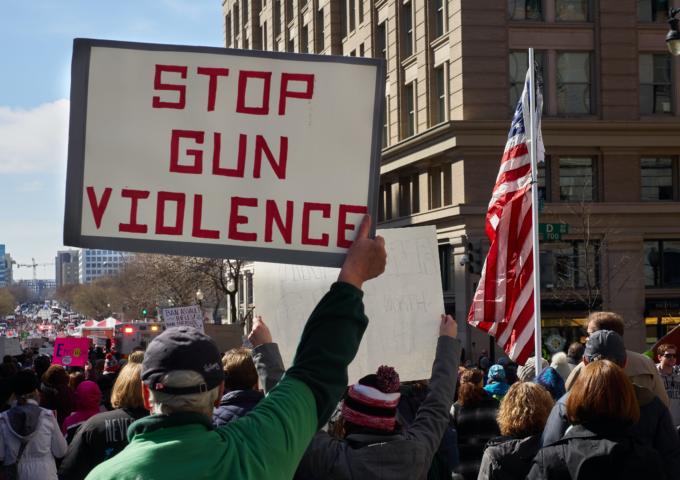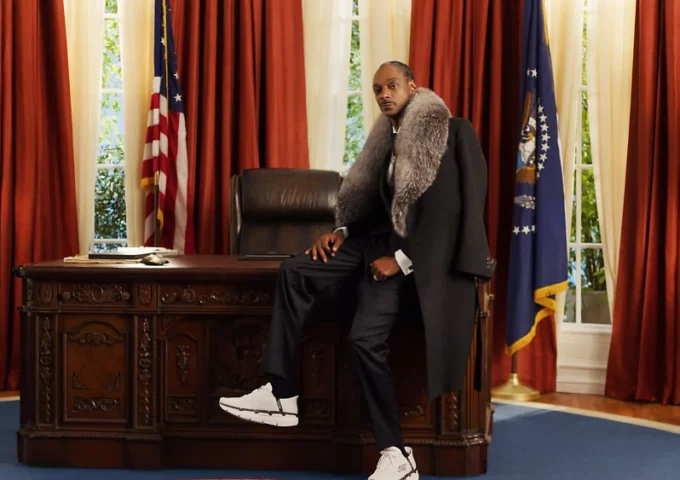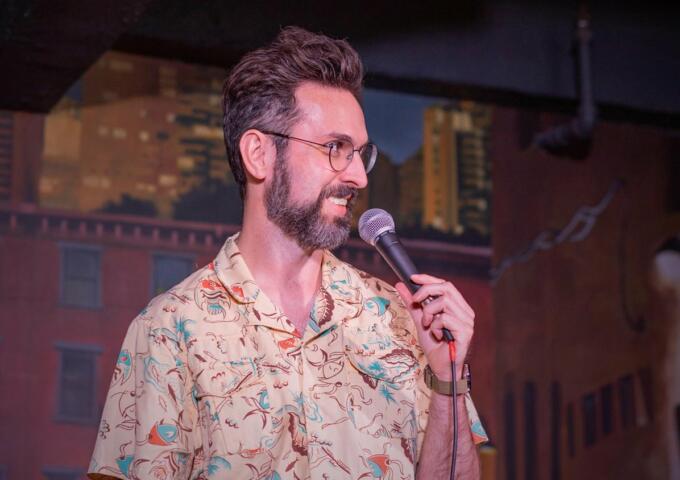Union power in the city may compel action on the city’s crime problem. Where Mayor Kenney, District Attorney Krasner, and City Hall have failed, their political donations may finally be under threat.
Detailed in a press release, on Friday, “members of SEIU Local 668 will be holding a rally outside the largest welfare office in Philadelphia, calling for the protection of workers and community members amidst the rising violence epidemic plaguing the city.” The union has organized breakout rallies throughout the week leading up to Friday’s rally at 8th Street and Market.
“SEIU Local 668 member leaders in Philadelphia have had enough–it’s time we stand up against violence and protect workers and our communities alike,” the press release said.
It seems simple: When murders in the city are at an all-time high, the government should prioritize public safety and order. Yet that understanding has been slow to reach the top. At a time when COVID-19 restrictions have been overly cautious (the mask mandate, requiring children ages 5-11 to be vaccinated to eat in a restaurant), action on crime has been slow. That lethargy may be fine for the laptop class of the city, comfortable at home, but it has put the working class in danger.
It’s hard enough to afford rising house prices and this year’s inflation growth. If crime gets worse, Philadelphia could lose more people to the suburbs or other cities. It’s already hard getting office workers to return to the city. Philly’s demand for office space, as Taylor Allen noted in Axios, trails the country’s biggest metro areas, except for San Francisco. If skittish suburbanites don’t return to Center City, it’ll be a hefty loss of tax revenue, fewer jobs will be created, and the city will feel emptier.
The strength of neighborhood community, the city’s culture, and its economy are all tied into keeping crime under control. This is not a fading concern, a temporary disturbance caused by the plague. It’s not going away until policy failures get fixed. Philadelphia has many things that could attract potential residents, but if people don’t feel safe, none of it matters.
The danger is in treating policy failures as temporary setbacks, which then fade and are replaced. That fix isn’t guaranteed, nor should it be seen as inevitable. So when a nearly 20,000-strong union causes a ruckus over violence in the city, it’s time to take note. Former Mayor Michael Nutter, too, in ripping Krasner for saying the city doesn’t have a crisis of crime last week, shows that there is a clear-eyed contingent in the city. Danger is at hand.
Philadelphia isn’t the only city with a murder spike, but it can strike to suppress it. Passive policing, where officers stop engaging with the public or enforcing laws, needs to change. Social disruptions and atomization from the bonds of friends and community, thanks to COVID restrictions, need to end. And, learning from the lessons of New York City’s crime drop, arrest rates and prosecutions for breaking the law need to go up.
If the political will isn’t there, resignations should be forced. The stakes are too high to dither and pray that hard decisions won’t have to be made.




